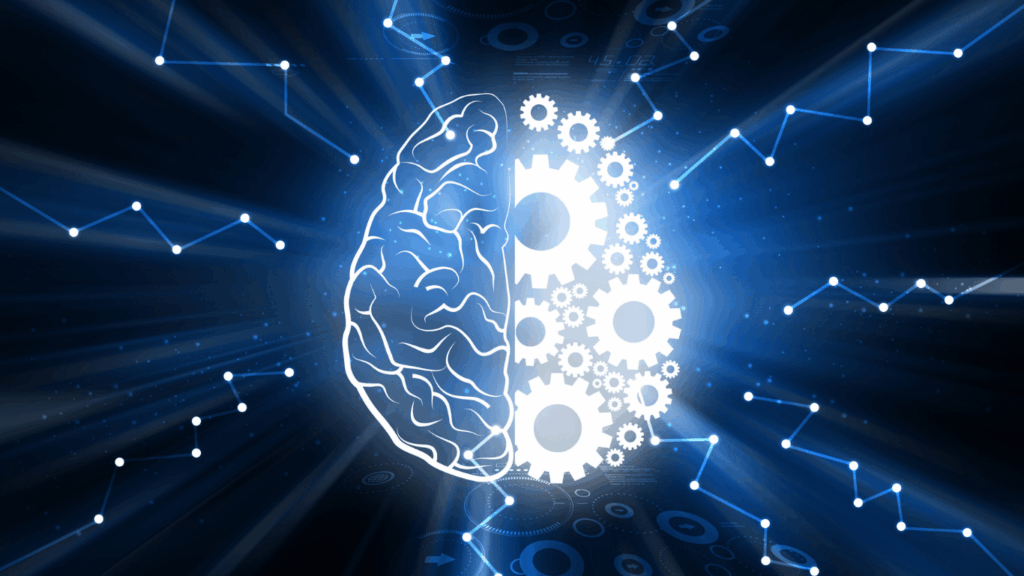“What is the Consequences of AI in future” became viral question on internet, so Mind Spark Technologies has decided to present a blog to answer for the viral FAQ. As artificial intelligence continues to grow and spread across industries, it is important to understand both the good and bad outcomes it can bring to our lives, jobs, and society.
Positive Consequences of AI
Artificial intelligence (AI) is bringing many benefits to businesses, healthcare, education, and more. It helps in speeding up tasks, improving decision-making, and reducing human error. For example, in healthcare, AI can analyze medical reports quickly, saving time and even lives. In marketing, it helps in targeting the right audience more effectively.
AI also improves customer service through chat bots, enhances data security, and helps businesses save money by automating repetitive tasks. Many companies use AI to study market trends, predict customer behavior, and personalize user experiences.
Negative Consequences of AI
On the other hand, AI also has risks and challenges. One major concern is job loss due to automation. Many routine and low-skill jobs may disappear as machines take over. There’s also the fear that AI could be misused for cyber crimes, spreading fake news, or controlling personal data.
AI systems are only as good as the data they are trained on. If the data is biased, the AI can make unfair decisions, especially in hiring, law enforcement, or lending. Plus, as machines become smarter, there’s a growing debate about the ethics of AI, like who is responsible if an AI makes a wrong decision.
FAQ Section:
- What are the new jobs that will arrive in the future since AI started to dominate?
As some jobs are being replaced by AI, other positions are being added that never appeared before. Careers such as AI trainer, data annotator, robot maintenance specialist, prompt programmer and AI ethicist are already appearing. As time goes on, there will be a need for more people who can handle, watch over and optimize AI systems. Such positions rely on human ability for creating, solving problems and making decisions, things machines still struggle with. - What will the future jobs along with AI be?
Jobs will often interact with AI going forward instead of being replaced by it. As an example, doctors can use AI to help in quick diagnosis but will make the final calling on treatment. Using AI, digital marketers will optimize their ad campaigns, but it will be the strategy that they decide on. AI tools are used by teachers, but they must still be involved with their students to ensure growth. - What jobs are going to be taken over by AI?
Routine and simple jobs are more inclined to be affected by this. Such tasks may be data entry, telemarketing, jobs on the factory line and simple customer service. These tasks are easier and faster for AI and it never gets worn out by them. Automation of these services means companies save resources, but also faces the problem of unemployment. - What jobs will be completely replaced by AI?
Certain types of jobs may no longer exist in the next few years where no creativity or empathy is needed. Among them are toll booth workers, those working in warehouse packaging (often replaced by machines), proofreaders (now often replaced by grammar tools) and even certain delivery services that make use of drones or robots. Even so, people will need to monitor or adjust the AI tools carrying out the tasks.

